“I agree that it is a huge mistake to support the Ukrainians with weapons, and the economic sanctions – in their current form – do not serve their desired purpose. Weapons sent to Ukraine only serve to drag out the war. The direct consequence of this is thousands of civilian casualties along with, on the global and especially European level, economic, food-shortage and energy crises that are only intensified by the conditions left behind Covid, threatening catastrophe in the short-term. The economic sanctions implemented – especially energy sanctions – have a negative impact on Russia only in the mid-term; in fact, currently the Russians are benefitting from them as they successfully redirected oil exports to India and China. In the case of the latter, they’ve become the biggest oil exporter, surpassing Saudi Arabia.
The sanctions only made energy more expensive, increasing Russian profits, and burdening the European economy even more.
Thus, “Europe shot itself in the foot with these sanctions,” which have not reached any goals at all as Russia was able to take better advantage of the effects than the EU was. The war did not end, and the sanctions will not end the war. “Europe messed up everything that could be messed up in this situation,” said the Argentinian political expert lecturing in Berlin. He continued to say that those who hope and suggest that more sanctions will bring an end to the war are “listening to sirens.” We have to work on ending the conflict as soon as possible – sanctions-politics has led us to a dead end.
The experts featured on the German channel expressed their concern for the upcoming winter.
According to their predictions, the level of energy emergency in Germany will need to be raised to 3; the direct consequence of this will be that the people will not have access to enough resources. If this reaches industry, then it will most likely result in a recession.
Not to mention the huge increase in the price of food, especially meat products which we do not know how long the Germans will tolerate.
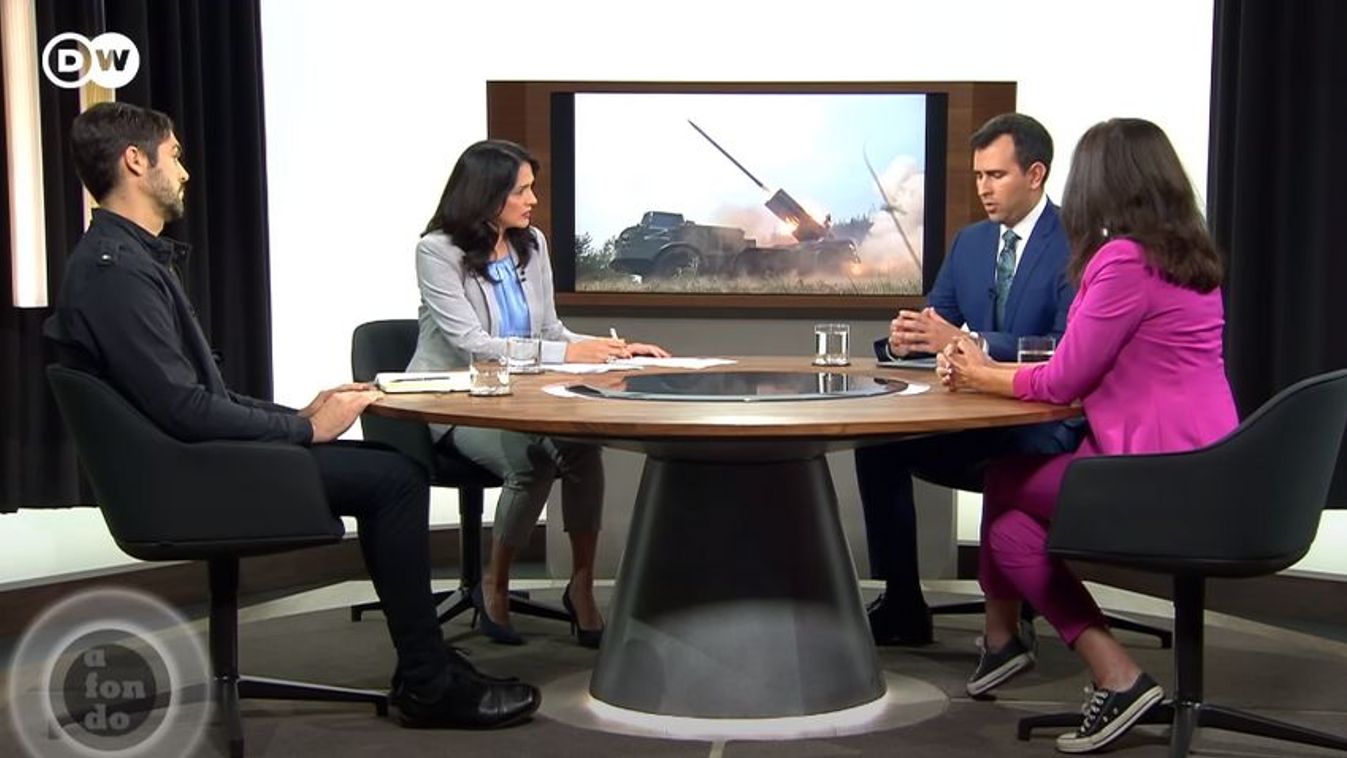
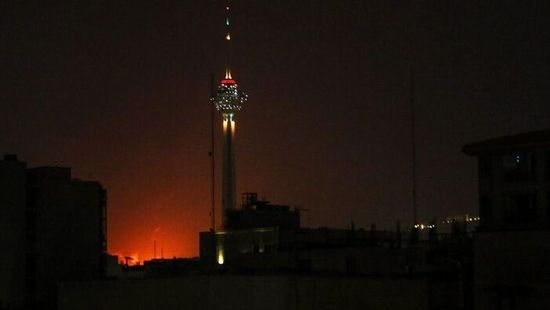
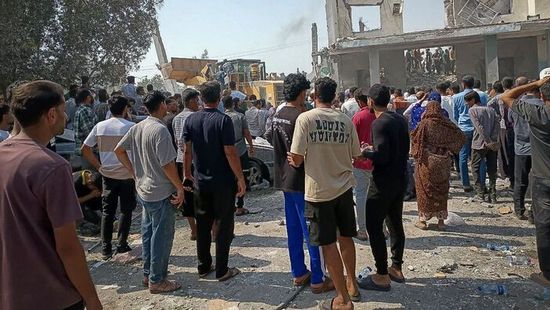
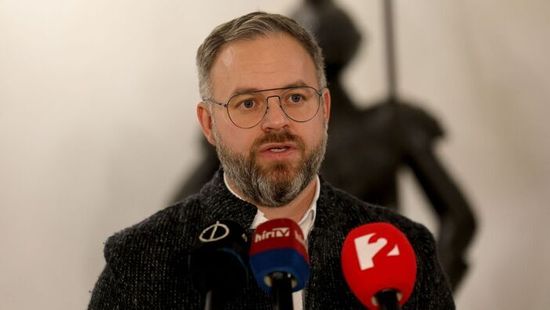
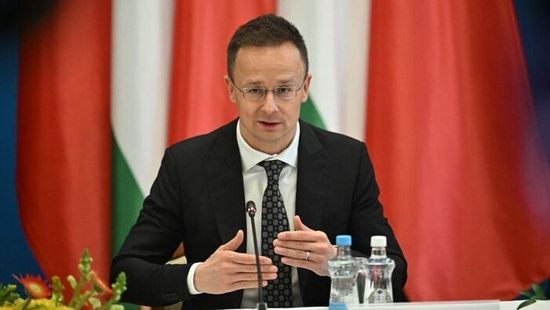

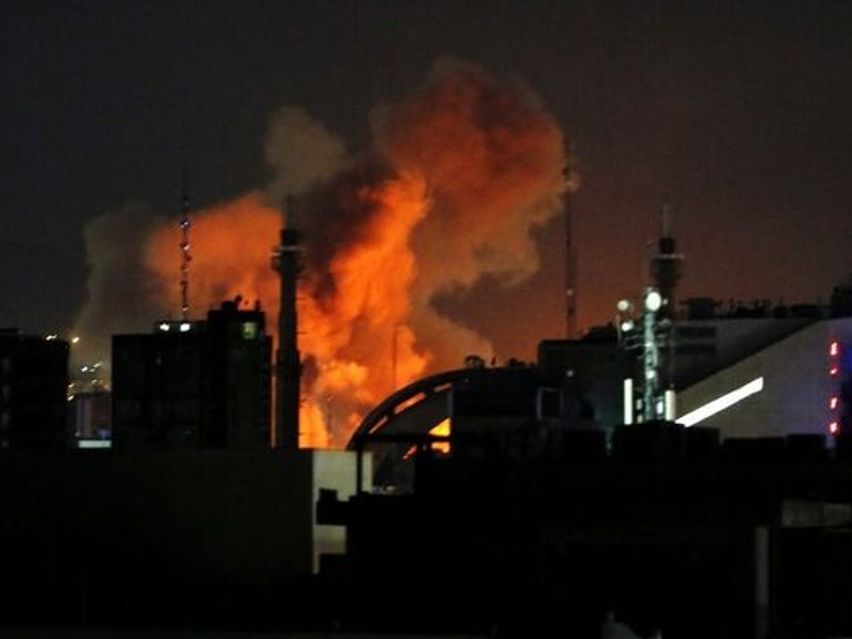
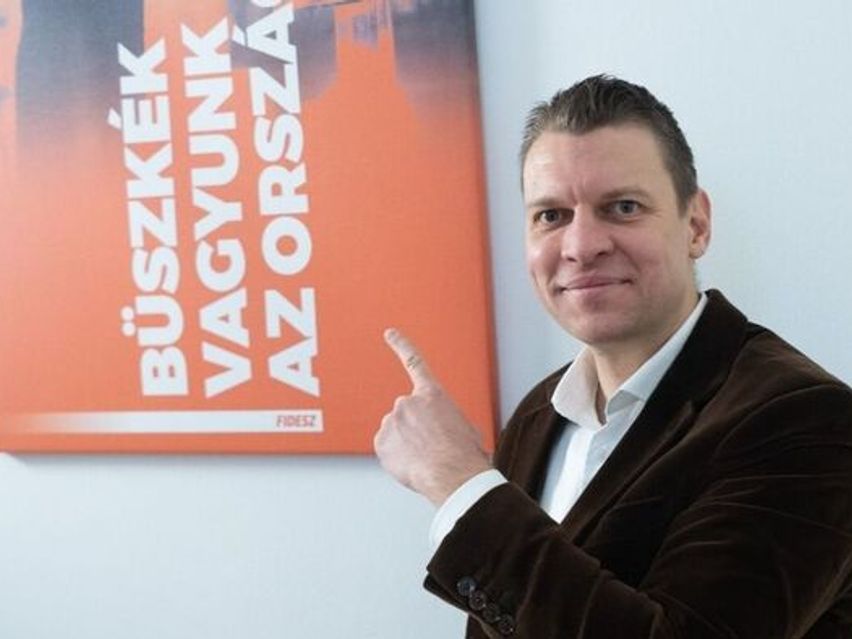
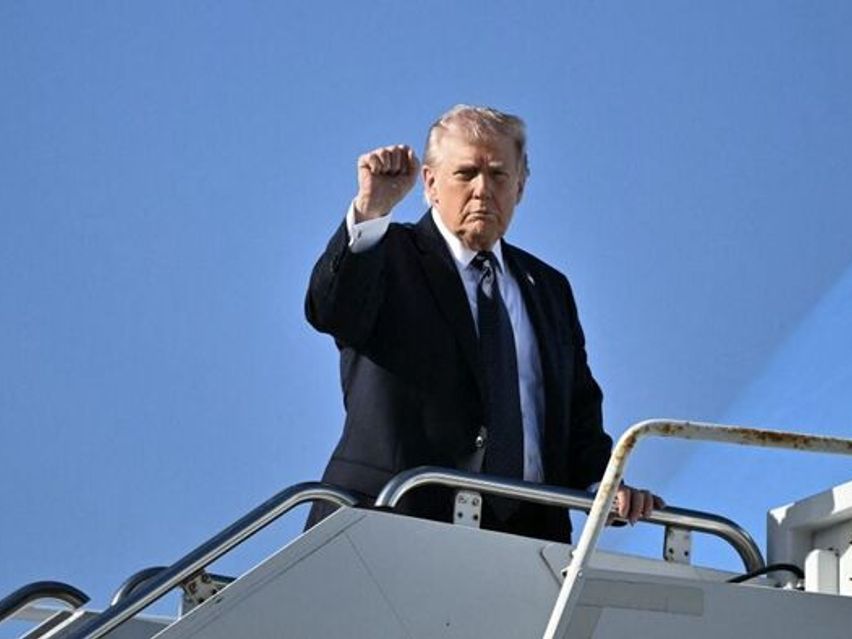
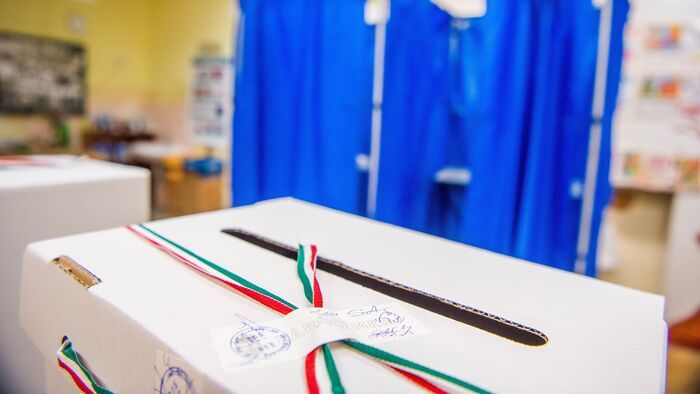

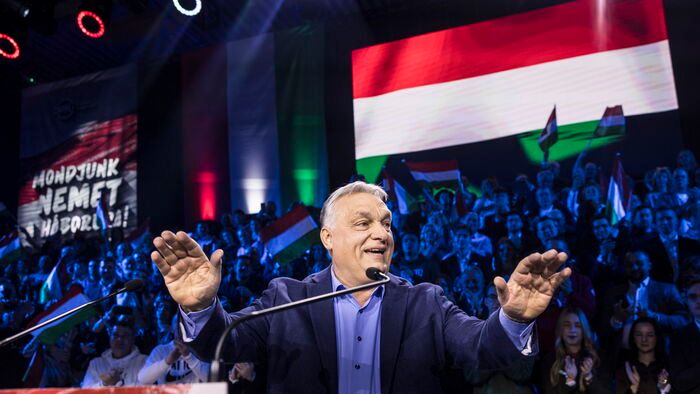
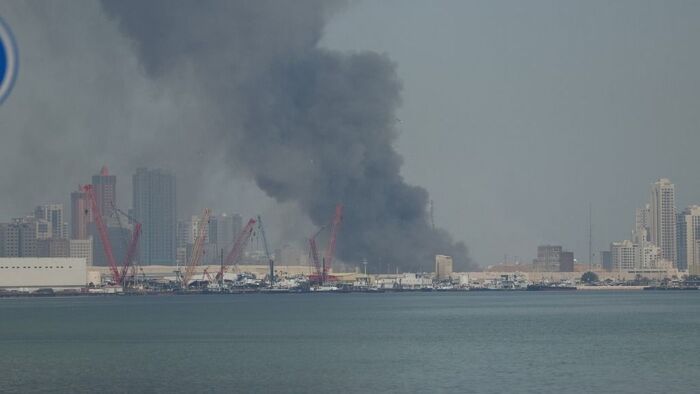

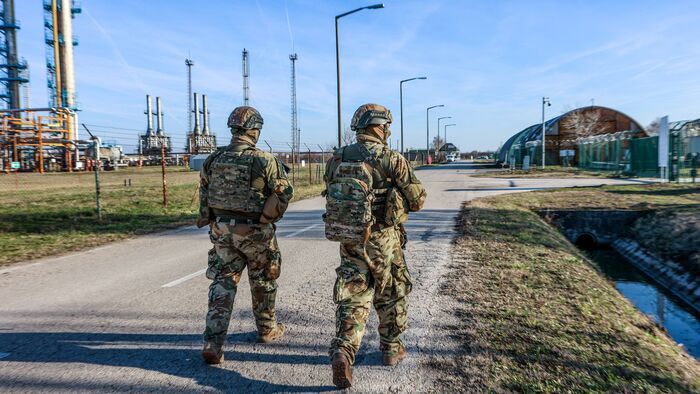

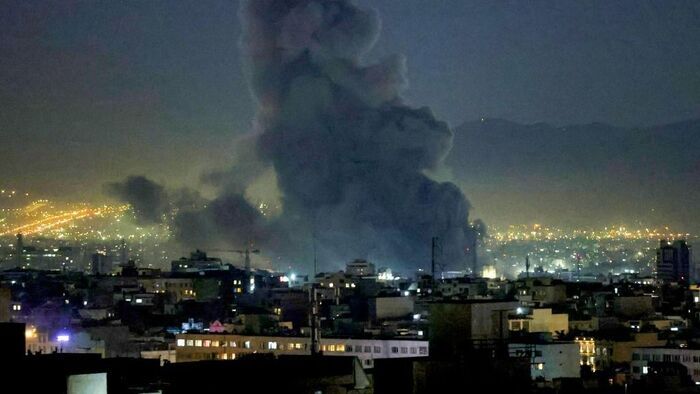
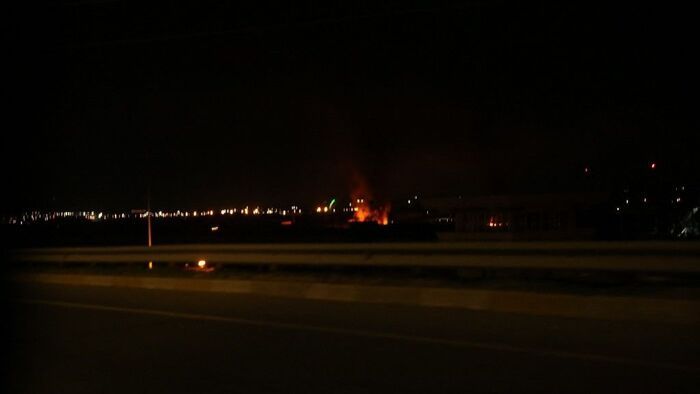

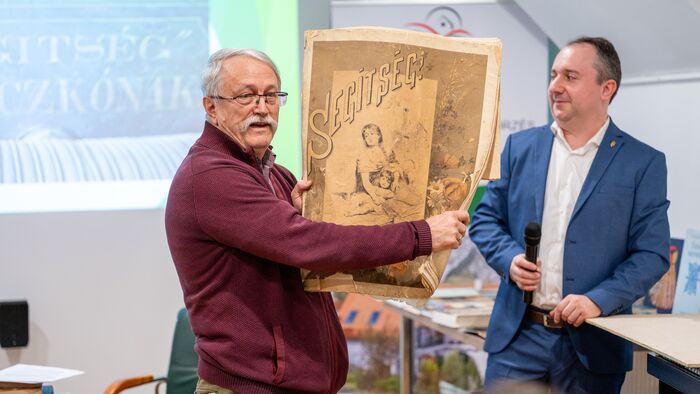
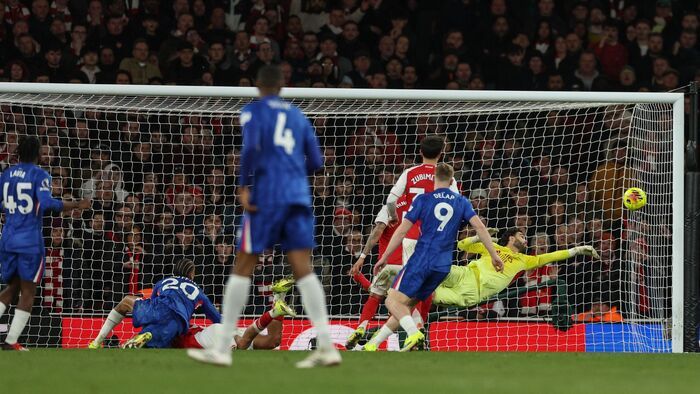
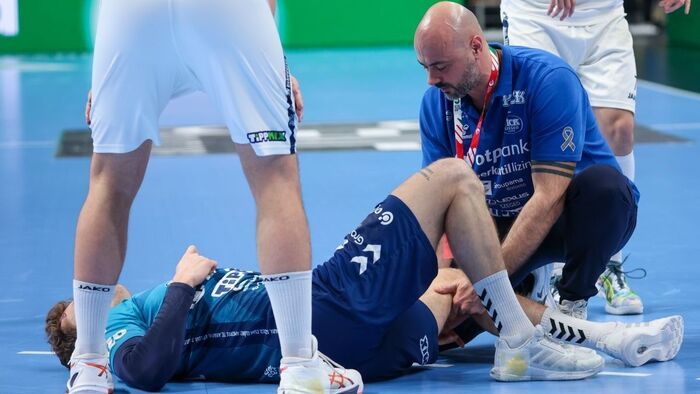

Szóljon hozzá!
Jelenleg csak a hozzászólások egy kis részét látja. Hozzászóláshoz és a további kommentek megtekintéséhez lépjen be, vagy regisztráljon!